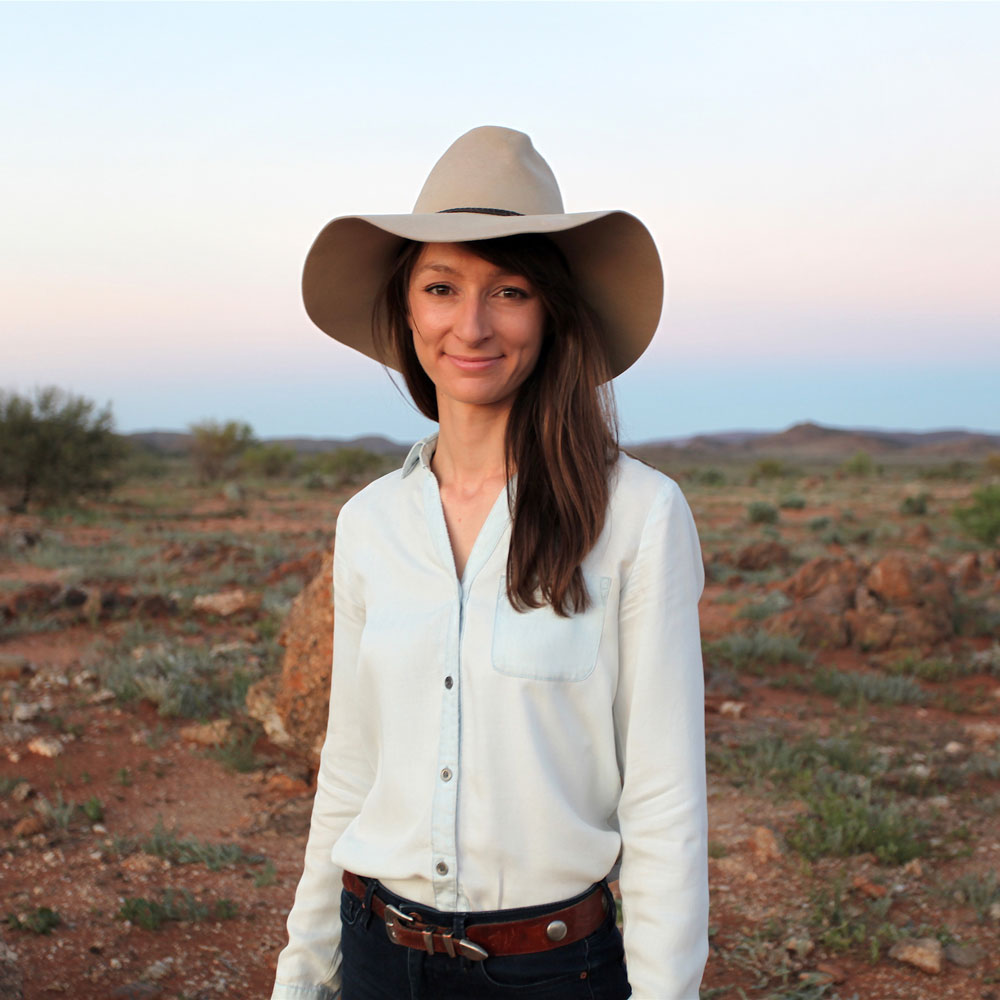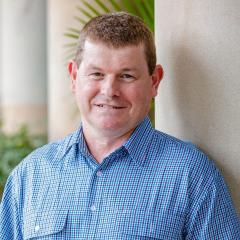Courage and creativity are needed to ensure climate smart farming across Australia and the Asia Pacific, according to Agricultural and Environmental scientist, farmer and author, Dr Anika Molesworth.

The multi-award-winning Research Fellow from Australian National University and Charles Sturt University is one of the plenary speakers at the TropAg 2025 Conference in Brisbane later this year.
“Courage is essential in this moment of global uncertainty, where climate challenges can feel overwhelming,” Dr Molesworth said.
“We need the courage to face what’s happening even when it feels daunting, we need to act anyway.
“This includes courage to challenge outdated systems and antiquated ways of doing things, to acknowledge where current approaches are falling short and the courage to try new ones, even if they’re uncomfortable.
“This is the kind of deep, moral, adaptive courage that this moment in history calls for.”
Dr Molesworth has coined a term “climate courage”, she says is essential as climate change accelerates, biodiversity is threatened, and rural mental health deteriorates.
“Climate courage is a blend of vulnerability and vision,” she said.
“It’s the courage a farmer shows when trialling regenerative practices like rotational grazing, knowing it may not go to plan.
“It’s a young person choosing to stay and invest in a future on the land rather than move to the city, despite the challenges a career in farming may present.
“It’s someone raising their voice for policy reform, even when it challenges the status quo and raising eyebrows from family and friends.
“But climate courage also means letting go of the illusion of certainty as we won’t have all the answers, and we won’t always get it right.”
Dr Molesworth is also the founding Director of Farmers for Climate Action, a national network of nearly 8,000 Australian farmers undertaking climate change action.
She said the active membership of the network shows how many people in the industry share her vision.
“Farmers are already doing extraordinary work – they are our greatest innovators and researchers – but the farming community alone is not responsible for transforming agriculture and saving our climate,” Dr Molesworth said.
“We are all part of the food system, and every person, every meal and every policy decision has ripple effects.
“Fossil fuel industries must decarbonise, governments must create enabling conditions, and consumers must support sustainable choices.
“Emissions can be reduced through renewable energy, smarter fertiliser and manure management, better genetics, and electric vehicles, to name a few,” she said.
“These changes often bring multiple benefits, like lower input costs, improved productivity, cleaner air and stronger communities.
“Climate action isn’t just good for the planet, it’s good for business and wellbeing too.”
Dr Molesworth is the author or Our Sunburnt Country, which won the Royal Societies of Australia and New Zealand Writer’s Award for Outstanding Writing on Social Change.
The TropAg conference will be held from 11 to 13 November 2025 at the Royal International Convention Centre in Brisbane.
Dr Molesworth’s plenary will be held during the Long Lunch on Thursday 13 November.
TropAg is hosted by The University of Queensland and backed by sponsors including the Australian Centre for International Agricultural Research, the Food and Beverage Accelerator and the Brisbane Economic Development Agency.
Images are available via Dropbox.
Media: TropAg media, Natalie MacGregor, n.macgregor@uq.edu.au, +61 409 135 651, tropag.com.au.
The Queensland Alliance for Agriculture and Food Innovation is a research institute at The University of Queensland established with and supported by the Department of Primary Industries.



